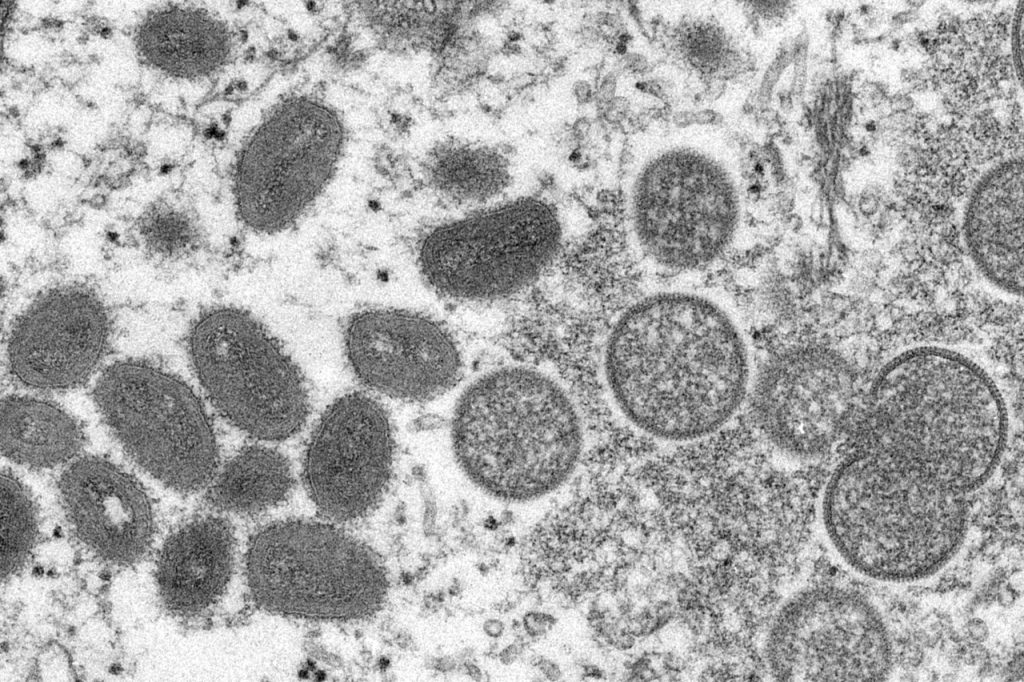
First probable monkeypox cases reported in Missouri, Indiana
State health officials in Missouri and Indiana reported their first probable cases of monkeypox on Saturday.
The Centers for Disease Control and Prevention (CDC) had reported monkeypox cases in 20 other states and Washington, D.C., as of Friday, although health officials continue to stress that the risk to the public remains low.
Both states sent samples to the CDC for confirmatory testing after the states performed initial tests. Most states have been testing most for orthopoxvirus, the family of viruses which monkeypox belongs to.
“This week, one of our excellent nurses suspected one of our patients may have monkeypox virus,” said Marvia Jones, director of the Kansas City Health Department. “We are considering this a probable case of monkeypox virus until we receive final confirmation from the CDC labs. We appreciate the work our disease investigation and nursing staff have done to educate themselves on this rare virus and be on alert for it.”
Jones said the Missouri patient did not require hospitalization, and health officials are notifying any individuals deemed at risk for exposure.
In Indiana, health officials similarly said they were conducting contact tracing, and the patient remains isolated.
Monkeypox spreads through close contact with an infected animal or person, generally through lesions, body fluids, contaminated materials and respiratory droplets. Those droplets can only travel up to a few feet and usually require prolonged contact for transmission.
Patients usually first present symptoms within one to two weeks following infection and first experience symptoms like fever, headache, muscle aches, chills and exhaustion. Monkeypox also initially causes swelling of the lymph nodes, which makes the virus distinctive from other, similar diseases, experts say.
Within one to three days after initial symptoms, infected individuals develop a rash that typically spreads from the head to other parts of the body.
“The risk of monkeypox among the general public continues to be extremely low,” said Indiana State Health Commissioner Kris Box. “Monkeypox is rare and does not easily spread through brief casual contact. Please continue to take the same steps you do to protect against any infection, including washing your hands frequently and thoroughly, and check with a healthcare provider if you have any new signs or symptoms.”
The virus is endemic in parts of Africa, but officials have recently recorded unusual monkeypox outbreaks in the United States and Europe.
Many of the cases have been identified among men who have sex with men, but health officials have repeatedly stressed that monkeypox is not a “gay disease” as it can be spread through any form of prolonged skin contact with an infected individual.